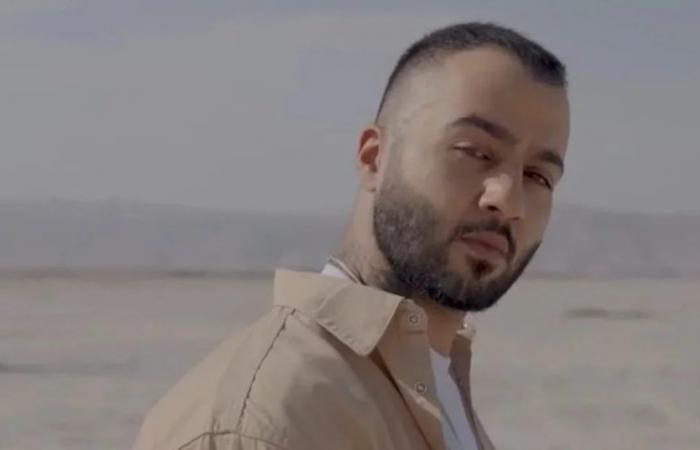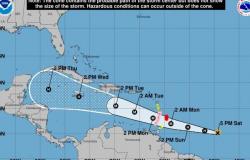The Supreme Court of Iran annulled this Saturday the death sentence issued against the rapper Toomaj Salehi for supporting the protests sparked by the death of Mahsa Aminithe young woman arrested for wearing the Islamic veil incorrectly, reported her lawyer Amir Raesian.
“Salehi’s death sentence overturned“said the musician’s defender in a publication on the social network X. He added that the Supreme Court ordered a new trial.
Salehi, 33, who performs under the name Toomaj, He had been sentenced to death last April in a verdict that different activists considered a retaliation for his music in support of the nationwide protests that broke out in 2022.
The rapper, a prominent figure among youth in Iran even before his arrest, had been convicted on the Sharia charge of “corruption on Earth” by a Revolutionary Court.
Toomaj was arrested while hiding in October 2022during the height of the protest movement sparked by the death in custody of Mahsa Aminia 22-year-old woman arrested by Iran’s morality police for an alleged violation of strict dress rules for women.
Activists accused the Iranian regime of torture him during his arrest after state media released a video purportedly showing the rapper blindfolded with bruises on his face, apologizing for his support of the protests.
He was released on bail in November 2023, but was arrested again days laterafter publishing a video in which he accused the authorities of subjecting him to torture while he was detained.
Nine men have already been executed in cases related to protests that involved murders and other acts of violence against security forces.
In September 2022 the death of Mahsa Amini22 years old, unleashed a wave of protests in Iran. Women, men, and even boys and girls, mobilized in different cities to condemn the murder of the young Iranian-Kurdish woman, who had died in the hands of the Moral Police after being arrested for incorrectly wearing the Islamic veil.
His case represented a turning point in the Persian country and, after years of fear and submission, thousands of people decided to take to the streets to claim their rights and demonstrate against the ayatollahs’ regime. What followed in the months and years that followed was more repression, more restrictions on freedoms, torture, and even death sentences.
That is why the UN Human Rights Council established the independent International Fact-Finding Mission in the Islamic Republic of Iran to thoroughly and independently investigate human rights violations related to the protests.
After arduous months of work and investigations, and despite the lack of cooperation on the part of the Iranian authorities – both in access to the country and in the provision of information after 20 letters sent – the Mission concluded that “violations of international human rights law were committed, as well as crimes under international law”.
“The response to the protests under the motto ‘Woman, life, freedom’ was marked by repression and impunity. “The authorities denigrated protesters, used physical, psychological and sexual violence, judicial harassment and a wide range of other means to repress peaceful dissent,” said the report prepared by the UN Mission to which it had access. Infobae and which was presented in March in Geneva.
Regarding Amini’s death, investigators determined that The young woman was arrested on September 13, 2022, around 6:30 p.m., by the Moral Police when leaving the Shahid Haqqani metro station in Tehran. The reason? Allegedly wearing an “inappropriate” hijab. She was immediately taken in a van to the Vozara detention center to undergo a “re-education class.”
According to what was stated by the UN Mission, he fainted 26 minutes after arrival and half an hour later she was sent to Kasra hospital. That night, her parents were informed that she had been transferred to the hospital “delayed” and “already brain dead.” Her father, who was allowed to see her in the hospital at least once, repeatedly stated that during that visit He observed bruises on her feet and blood dripping from her ear..
Finally, on September 16, Mahsa died. Local authorities placed on his official death certificate that he had died of “unknown causes.”






